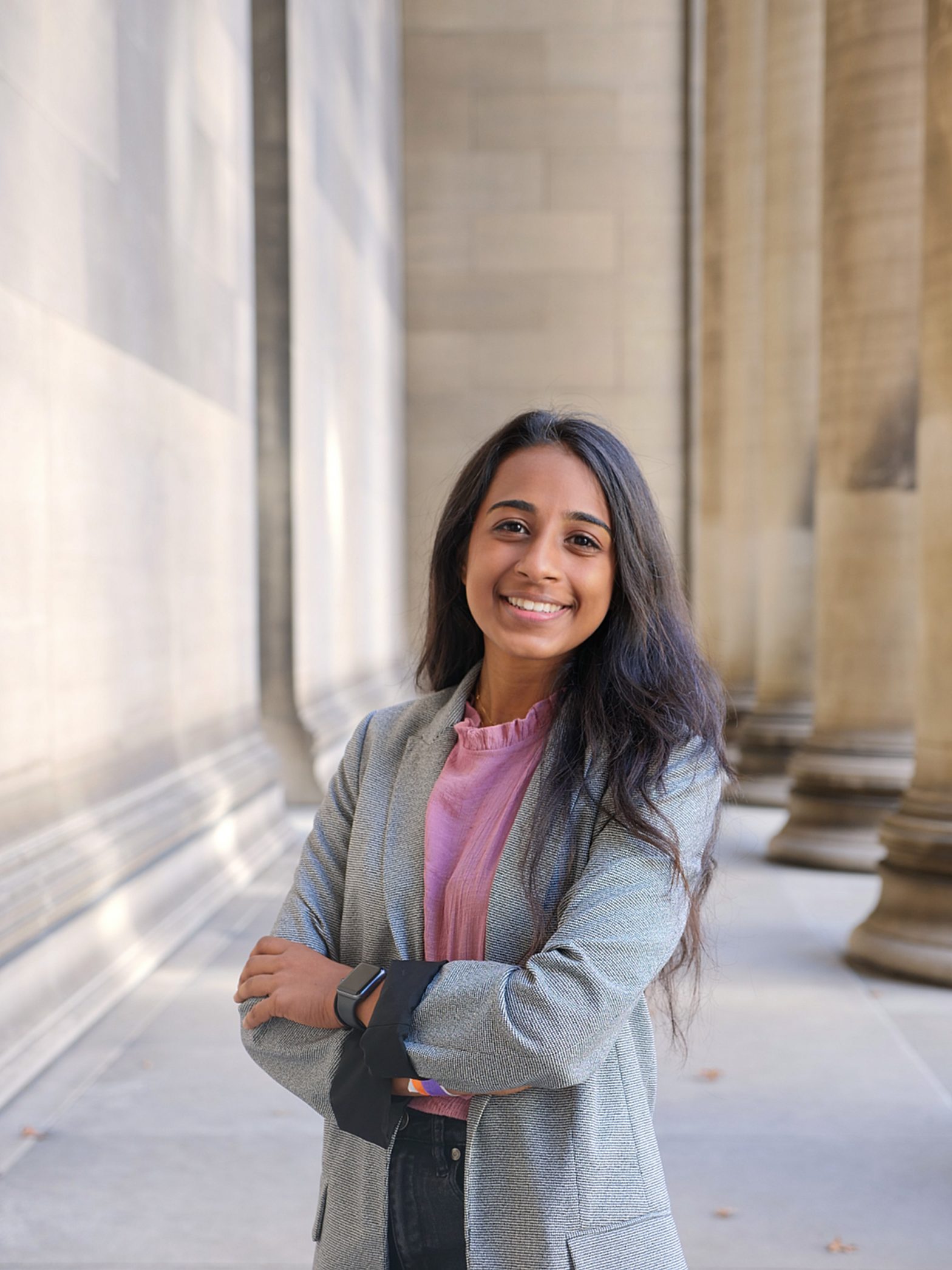The story of Anoushka Parnerkar
I barely remember a time when my life wasn’t a slew of doctor’s appointments, complex medical terminology, and debilitating treatments. At 3 years old, my mother noticed a small lesion on the back of my hand, which was immediately written off as eczema. After almost 3 years of being incorrectly treated, worsening symptoms, and fatigue that were clearly not just eczema, I was referred to a specialist. With much uncertainty, the specialist diagnosed me with scleroderma, a condition not particularly popular in my age and racial group. Scleroderma is a greek word meaning “hard skin”, where lesions on a part of the body appear as hard, shiny patches. For some, it is systemic, meaning it can effect the connective tissue as well as organs, and for others, like me, it is more localized. I was diagnosed with a subtype known as linear morphea, where my skin and some underlying tissue on my right arm was effected.
However, as my condition worsened, I started to lose mobility in my right arm and joints. My worsening symptoms were attacked with a host of treatments including immunosuppressants and chemotheraputic drugs, antiinflammatory medications, and steroids. By the age of 8, I was spending 25% of my week in hospital chairs receiving IVs and blood tests.
Eventually, what was once only scleroderma was accompanied by pain and rigidity in my whole body, hair loss, and hypermobility, or diagnoses of Rheumatoid Arthritis, Alopecia, and Ehlers-Danlos Syndrome.
By the age of 14, I had been to every children’s hospital in the tristate area, explored every new treatment, and tried every type of therapy with little to no results. I was told, that I would have to live with my scleroderma until I was at least 30 years old. Fortunately, with time, my once raging fire of a condition settled to a small ember. I slowly weened of medications and treatments, and by 18 became medication free.
I am now 20 years old, and although I may not receive the same type of intensive care as I did before, I still live with scleroderma and its after effects every day. I still wake up every morning with fatigue in my whole body, I am still not able to hold a pencil with ease, and I still have days where I feel like I can’t move. Slowly. but surely, though, I am healing and recovering in every way. My life had become a blur of uncertainty and loneliness. Although my family gave me the upmost support, it was isolating to not know people who had the same experiences as I did. I am so grateful for finding the Rare Disease Community, because although we all have our individual stripes, we all share such a powerful connection. As much as I feel I have lost through my disease, I also feel that I have gained.
